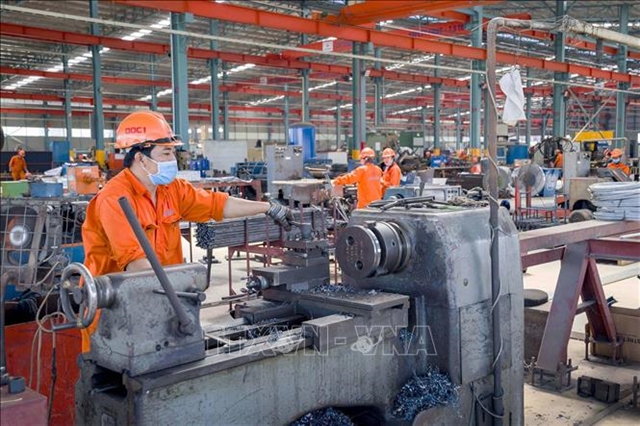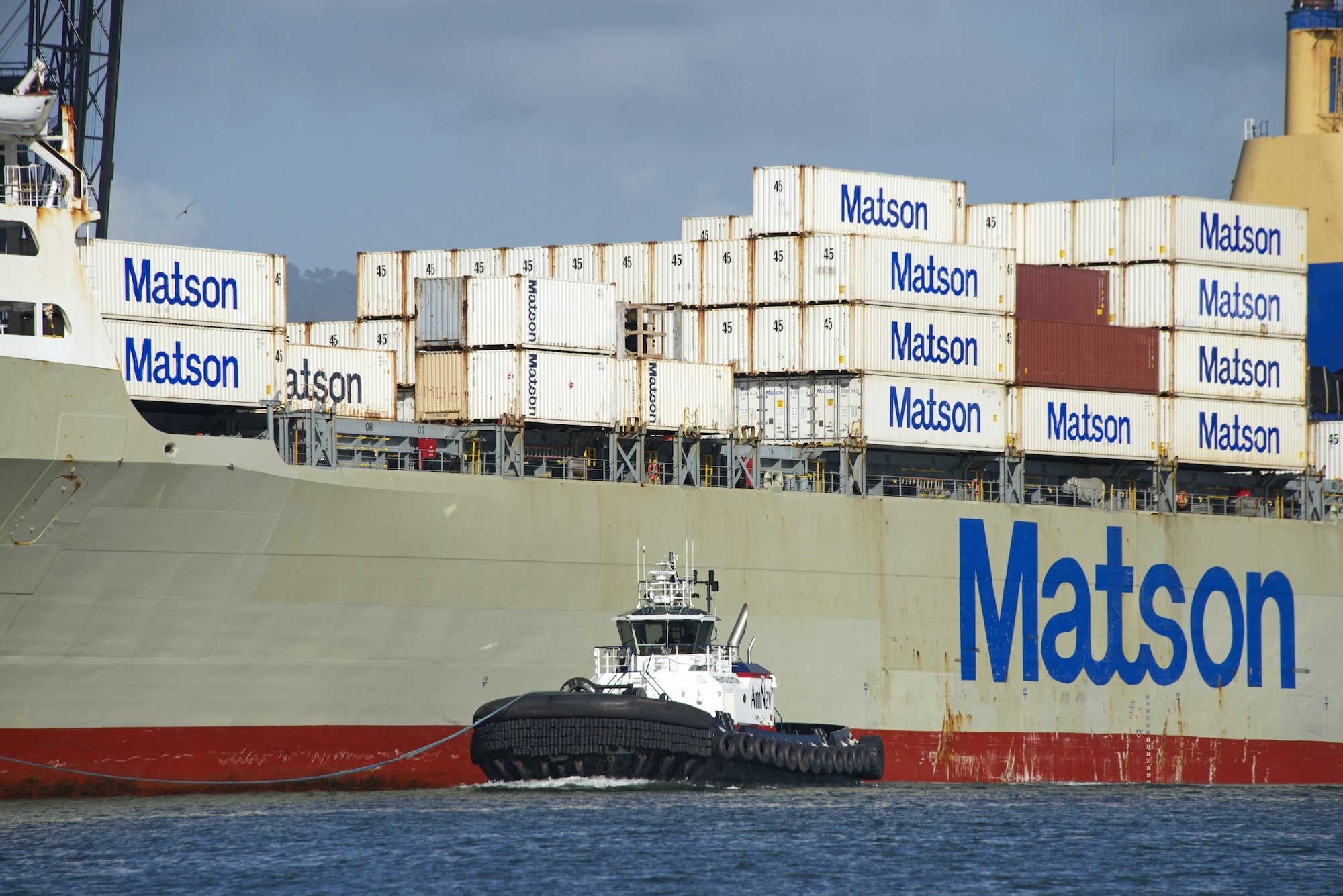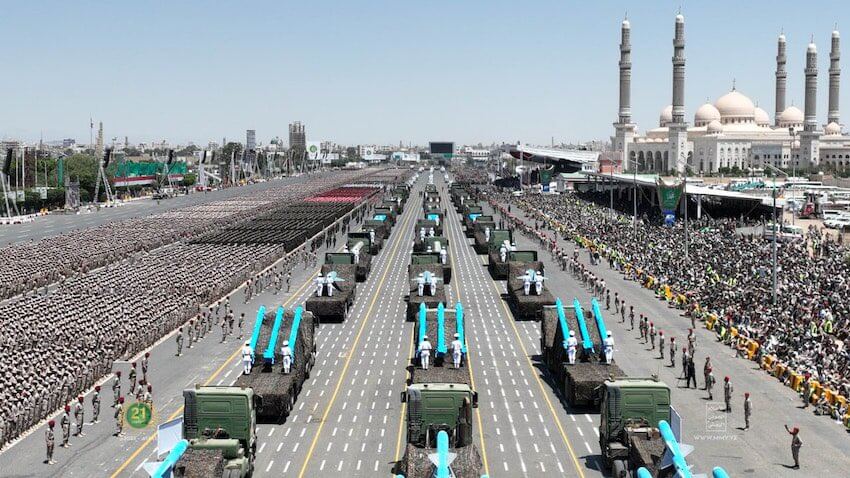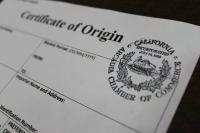NEW US DEMURRAGE AND DETENTION RULES – WHAT YOU NEED TO KNOW
Demurrage and Detention charges have been a particular point of contention among US shippers in the ongoing supply chain disruption and have been acted on quickly with the introduction of the Ocean Shipping Reform Act 2022 (OSRA 2022).
New US Demurrage and Detention rules – what you need to know
Demurrage and Detention charges have been a particular point of contention among US shippers in the ongoing supply chain disruption and have been acted on quickly with the introduction of the Ocean Shipping Reform Act 2022 (OSRA 2022).
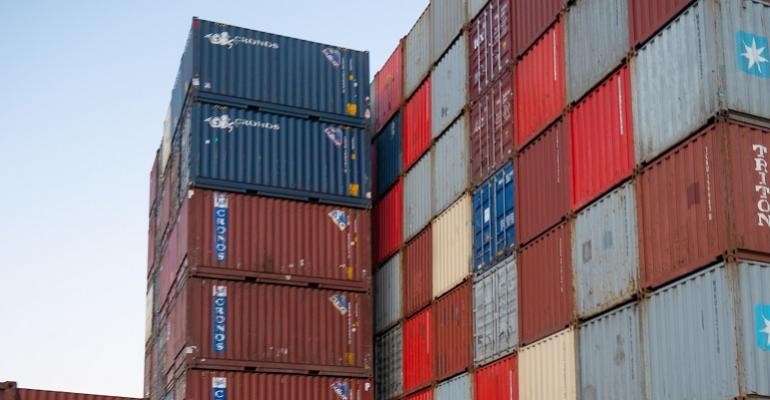
Photo: Unsplash - Pat Whelen
On June 16, barely six weeks ago, President Joe Biden signed OSRA 2022 into law greatly expanding the scope of what the Federal Maritime Commission (FMC) could do in achieving its mandate, which is to: “Ensure a competitive and reliable international ocean transportation supply system that supports the US economy and protects the public from unfair and deceptive practices.”
When new legislation is enacted, Federal agencies typically have some time period to draft proposed rules, open them up for comments, and then- sometimes, revise the wording before entering the exact wording into the US Code. It is noteworthy that one aspect of OSRA 2022, that dealing with invoicing for Demurrage and Detention (D and D), an attention getting issue, takes immediate effect.
A late June message from the FMC noted that “The law, and its requirements, related to demurrage and detention charges, became effective June 16, 2022.” The Washington DC law firm Thompson Coburn advises that: “Because the statute took effect immediately, invoices for demurrage and detention charges should be examined for form and content compliance with the new law.”
The wording concerning D and D invoicing contains very specific requirements for Vessel Operating Common Carriers (VOCCs), which include all of the major liners serving US ports. The requirements for proper invoicing are contained within the OSRA 2022 wording. Invoices must include the following:
- Date that container is made available.
- The port of discharge.
- The container number or numbers.
- For exported shipments, the earliest return date.
- The allowed free time in days.
- The start date of free time.
- The end date of free time.
- The applicable detention or demurrage rule on which the daily rate is based.
- The applicable rate or rates per the applicable rule.
- The total amount due.
- The email, telephone number, or other appropriate contact information for questions or requests for mitigation of fees.
- A statement that the charges are consistent with any of Federal Maritime Commission rules with respect to detention and demurrage.
- A statement that the common carrier’s performance did not cause or contribute to the underlying invoiced charges.
Interestingly, the bill’s language also includes a powerful incentive for carriers to get it right, saying: “Failure to include the information required under subsection (d) on an invoice with any demurrage or detention charge shall eliminate any obligation of the charged party to pay the applicable charge.’’. As a practical matter, this means that cargo owners could see delays in getting their actual D and D invoices as carriers make sure that bills conform precisely with requisite data fields.
Mohawk Global, a well-known consolidator and customs broker, had told its customers: “Some carriers are opting to delay such billing so they can comply with changes to the laws. This may delay Mohawk Global’s ability to invoice our clients on some of these charges, as carriers struggle with creating new data fields on their invoices.”
The Thompson Coburn legal team puts a very broad perspective on OSRA 2022, saying: “OSRA 22 is clearly the product of recent shipper frustrations with port congestion, container and chassis equipment shortages, record-high ocean freight rates, and aggressive assertion of demurrage and detention charges by ocean carriers. Many of these issues reflect global economic forces beyond the control of any one trading country.” Referring to the broad bi-partisan support for the new legislation, they add: “However, it is noteworthy that Congress, with little internal controversy, turned its gaze on the US regulatory structure governing ocean shipping for the first time in nearly a quarter century.”
The law firm Venable LLP stresses that: “The importance of properly assessing charges is especially underscored in light of the FMC's recent enforcement action and settlement with Hapag-Lloyd for alleged violations related to its detention and demurrage practices.” In early June, the FMC had agreed with Hapag Lloyd on $2 million fine, following an April decision in a case involving difficulty in returns of containers at the ports of Los Angeles and Long Beach.
Source: seatrade-maritime.com by Barry Parker

